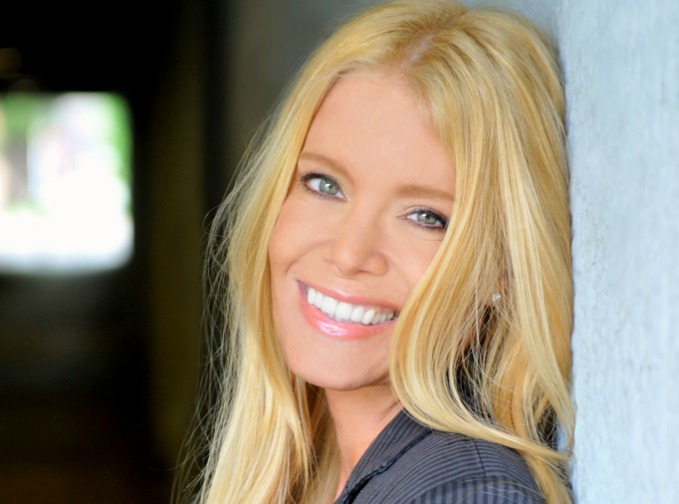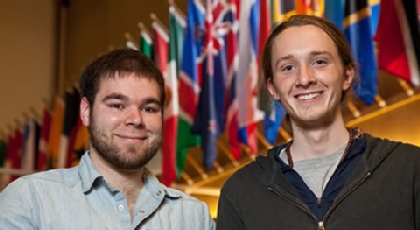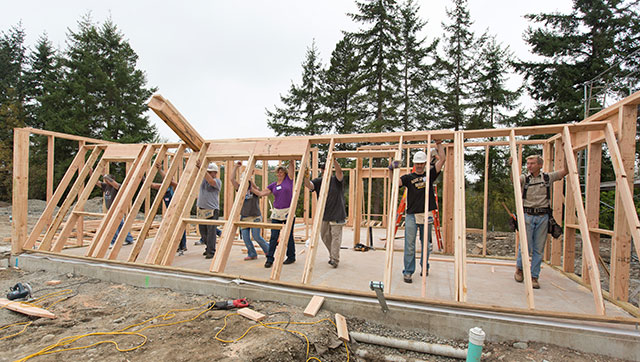Page 102 • (1,204 results in 0.057 seconds)
-
can also be representative of certain ethnic groups, which is determined through the various ways in which the hair is styled. The hair used to make these masks typically is human hair that has been applied with beeswax. – Savannah Phelan ‘15, Anthropology and Religion **Mapiko divided into two morphological categories: helmet masks and facemasks (while both called mapiko, facemasks are more specifically called makonma). Makonma are typically regarded as cultural imports and are not given the same
-
can also be representative of certain ethnic groups, which is determined through the various ways in which the hair is styled. The hair used to make these masks typically is human hair that has been applied with beeswax. – Savannah Phelan ‘15, Anthropology and Religion **Mapiko divided into two morphological categories: helmet masks and facemasks (while both called mapiko, facemasks are more specifically called makonma). Makonma are typically regarded as cultural imports and are not given the same
-
can also be representative of certain ethnic groups, which is determined through the various ways in which the hair is styled. The hair used to make these masks typically is human hair that has been applied with beeswax. – Savannah Phelan ‘15, Anthropology and Religion **Mapiko divided into two morphological categories: helmet masks and facemasks (while both called mapiko, facemasks are more specifically called makonma). Makonma are typically regarded as cultural imports and are not given the same
-
can also be representative of certain ethnic groups, which is determined through the various ways in which the hair is styled. The hair used to make these masks typically is human hair that has been applied with beeswax. – Savannah Phelan ‘15, Anthropology and Religion **Mapiko divided into two morphological categories: helmet masks and facemasks (while both called mapiko, facemasks are more specifically called makonma). Makonma are typically regarded as cultural imports and are not given the same
-
, a promise of success in graduate school, qualities of good character, and potential contributions to the educational mission of graduate study. Fast Track Admission Fast Track is an abbreviated application process to the School of Business graduate programs. Students and recent alumni from PLU, any AACSB accredited schools, or any Bachelor of Applied Science programs at a community or technical college in Washington State, from any major, may be eligible to apply via this process. Applications
-

degree in nursing complete a Gap Analysis to determine what courses from their master’s degree can be applied to the DNP program, and an individualized program of study is developed. Usually two years of full-time study is required to complete the DNP FNP or DNP PMHNP. MSN-ARNP to DNP program track The post-master’s DNP program for nurses who are already advanced practice nurses is designed for the ARNP to complete their doctorate in two years of part-time study. Post-master’s ARNP students retain
-
& Scholarships MSW Social Justice Scholarships Program scholarships are offered to students who demonstrate a commitment to anti-racism, diversity, equity, and inclusion (ADEI) in their practice. The number and amount of awards vary and will be applied to reduce the cost of tuition. To be considered for a scholarship, please provide a short response (no more than four paragraphs) to each of the following questions, and upload your responses to the Documents section on GradCAS Application Portal. Provide an
-

the opportunity to direct university productions. She was finally a director as teacher – exactly what she wanted to be. During her final year at CU she began applying for jobs as a professor. She applied all over the country at several different types of universities. Lori Lee works with student actors as the Director of “How I Learned to Drive.” “I remember thinking how extraordinary it would be if I found such a job in the Northwest, as my entire family lives in Portland,” Wallace says. “When I
-

national park to understand more about how people and land use practices impact the ecology of small mammals. “It is a great opportunity to do research and get to know another culture,” Ojala-Barbour said of why he applied for a Fulbright Fellowship. The Northfield, Minn. native graduates this spring with a degree in environmental studies and Hispanic studies. He’s not sure how the experience will shape him or what he’ll do once his fellowship is complete. It may lead him to graduate school to study
-

said PLU’s program seemed just familiar enough, and more in-depth. “I applied, I got in and that’s why we’re still in Washington,” Sullivan said. “So much has come full circle: PLU sponsoring the house, me being here, the PLU community helping.” And that help is substantial. PLU committed to raising $10,000 and to offering at least 1,200 hours of service for the Habitat house this year. So far, Lutes from all walks of life—Sociology classes, faculty, alumni, the women’s basketball team and
Do you have any feedback for us? If so, feel free to use our Feedback Form.


